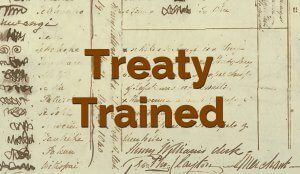 Twenty members of the Ōpāwaho Heathcote River Network recently completed a two-day training course on Te Tiriti o Waitangi. Given the wide spread of ages, occupations, and backgrounds of the participants, it is not a surprise that reactions to the content of the course varied.
Twenty members of the Ōpāwaho Heathcote River Network recently completed a two-day training course on Te Tiriti o Waitangi. Given the wide spread of ages, occupations, and backgrounds of the participants, it is not a surprise that reactions to the content of the course varied.
For perhaps the majority, many of whom passed through New Zealand primary schools during the 1960s, 70s and 80s, the course was an opportunity to unlearn the sanitised A.H. Reed textbook version of the treaty story and to replace it with a contemporary version leavened by scholarship and seen through a multi-cultural lens. As participants said,
“Our primary school teachers taught us that the signing was one big, happy occasion where the chiefs gladly signed the one document in order to be British. The only version of the treaty was the English version…there was never any mention of any other version, and certainly no mention of what was written in a Māori version. Our secondary school teachers did not discuss the Treaty at all – it was not part of the curriculum.”
“I can now understand the wording of the differing versions of the Treaty and how they have impacted on the present day situations of Treaty settlements.”
Another participant, reflected on how perception of the Treaty has changed even in recent years.
“I first completed the Treaty Workshop Course run by Robert Consedine about 20 years ago. The course was enlightening then, but so much has happened since then in this space. Consequently, this year’s course was more challenging and having the opportunity to participate as part of a community organisation was more valuable.”
The sequence of breaches of Treaty terms by a succession of post-Treaty governments was particularly impactful for some course members. One participant said that the course discussions had caused him to look up and read the apology that the Crown had made to Ngāi Tahu in 1998 when settling their claim. He said of that apology,
“When you read that your own government has admitted, “The Crown acknowledges that, in breach of Article Two of the Treaty, it failed to preserve and protect Ngāi Tahu use and ownership of such of their land and valued possessions as they wished to retain.”, you really have no place to go but into empathy with the dispossessed.”
Several participants were recent immigrants to New Zealand. They found the treaty training provided an invaluable insight into New Zealand’s history, not into just the history of the Treaty, but into why so many contemporary issues are currently being played out in the news. One said,
“The history of the Treaty is so unique that nothing from where I have come from prepared me for the set of relationships that the Treaty creates between Māori and non-Māori. It is really a unique relationship that needs to be honoured and supported.”
Another recent immigrant commented that,
“For me the workshop was paramount in understanding the context for today’s relationships between mana whenua and pakeha. I deeply appreciated the cultural learning, the historical learning, and discussion of next steps.”
For many participants in the course, an understanding of the importance of whanaungatanga – relationships – in Māori culture was a means to opening understanding of how the river, its environment and all the people around it fit together in a mutually beneficial manner; and how we should relate to the river in its environment.
Like all learning situations, the quality of the teacher/facilitator was vital. In Sharon Annett, we found the ideal person to lead us in this matter. As one participant summed it up after the course,
“Sharon was the perfect facilitator; non-judgemental, knowledgeable and truly dedicated to bringing all of us up to speed.”

